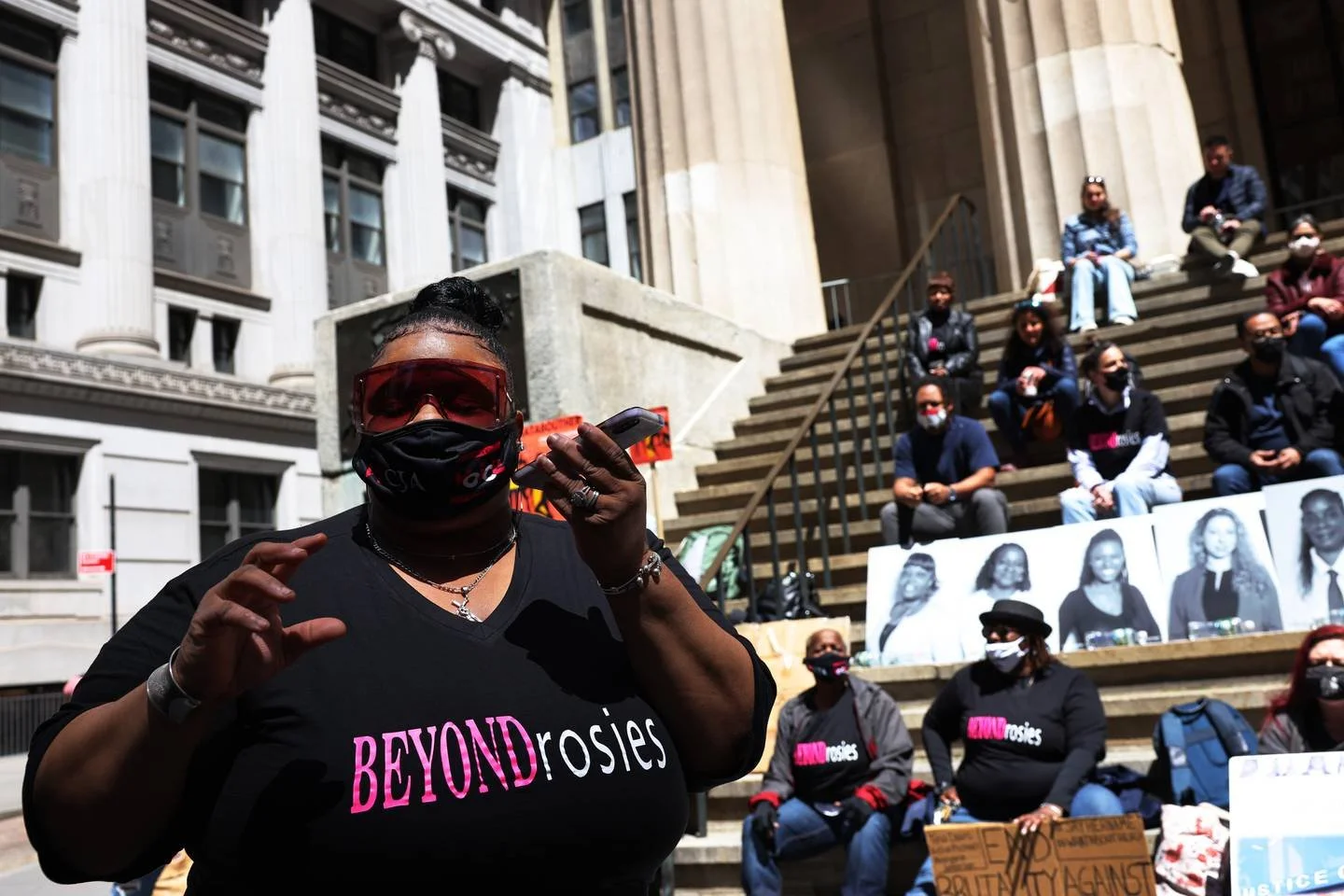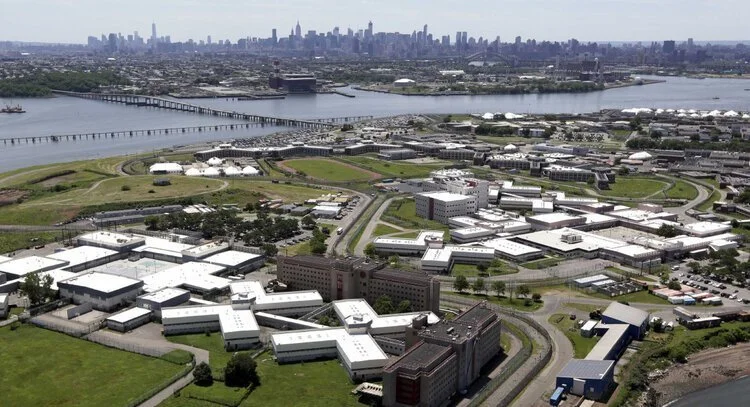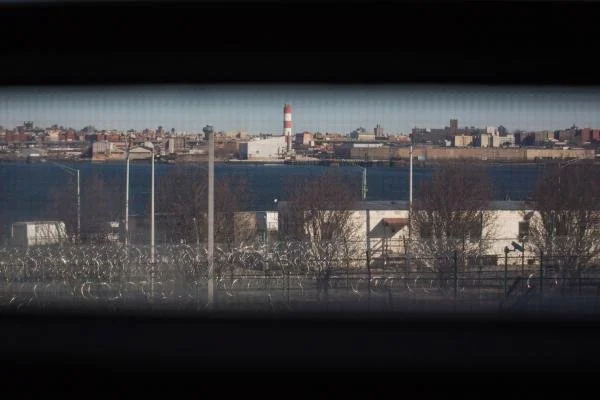CAMPAIGN LEADERS
SHARON WHITE-HARRIGAN
We need to do better for people and understand how people operate from a place of trauma – historical, racial, ancestral, intergenerational, intergender.
Rev. Sharon White-Harrigan, LMSW, has been the Executive Director of the Women’s Community Justice Association since 2018. Sharon was a leader in the successful effort to enact New York State’s Domestic Violence Survivors Justice Act in 2019. Drawing on her experience as a licensed social worker, domestic violence survivor, and formerly incarcerated person, she has expertise in various direct services and policy advocacy campaigns that support justice-impacted women.
MEDIA APPEARANCES
Q+A
1.) How are you connected to this movement?
My connection to the campaign to close Rikers is kind of twofold. One, as a formerly incarcerated woman at that has spent a year collectively on Rikers Island before going upstate where I spent over a decade at Bedford Hills Correctional Facility, I'm impacted. So I of course by nature needed to be a part of this campaign. I am also the Executive Director of the Women's Community Justice Association, also known as WCJA, that runs the Beyond Rosie's campaign. When the Close Rikers campaign happened, we asked the question, “Well, what about the women?” There's one female jail on Rikers Island, and it just seemed left out of everything kind of just automatically by default. The women were an afterthought. So I'm a part of this because I'm impacted, because I am a concerned citizen, as well as a leader in this movement for the women.
2.) Why should Rikers close?
Rikers should close for many different reasons. One we know that Rikers Island is just a place of toxicity, of harm in many different forms. It's a landfill of garbage and gaseous fumes, so when we talk about public health, Rikers Island should be closed. And then the other part is we need to stop dehumanizing people. We need to stop just taking people, putting them on an island, and basically forgetting about them. We understand that things happen in a community, that, people feel the need that, there's a process. But does that mean that they have to be put in this harmful place that does not tend to the needs of the community? Of the folks that are there, we take them, put them out of sight, out of mind, look at them as deviants and people that are basically not citizens in the community.
And I think that's where the problem starts – that Rikers Island has become this great place of harm for all people. Whether you're detained there or work there, it's just a place that operates from harm through and through. So yeah, it needs to close, and the property needs to be burned down, buried way under the sea level, and we just really need to do better by our people. We need to do better for people and understand how people operate from a place of trauma – historical, racial, ancestral, intergenerational, intergender. And when you put them in a place that creates more trauma - repackaged trauma, compounded trauma, retraumatization - then what are we really doing here? Is that correctional? Is that rehabilitative? Not at all. Rikers Island should have never even existed actually, and it needs to close immediately.
3.) What is your vision for a more just and equitable post-Rikers New York City?
I think it's one that we really come to understand the people's needs. Like why are the communities the way they are? Because they're undernourished. Because they’ve never been invested into, especially the black and brown communities. What I envision is a place where people are getting the treatment, the support, the resources, the healing that is needed. So when we talk about public safety and public health, we are addressing those things. I envision a place of abolition, of all the things that keep people hindered and harmed. But I also envision us having a place and a community of people that invest in other people. Hurt people hurt people, but healed people heal people. And so that's how we need to look at the communities at hand, and that's what I envision.










